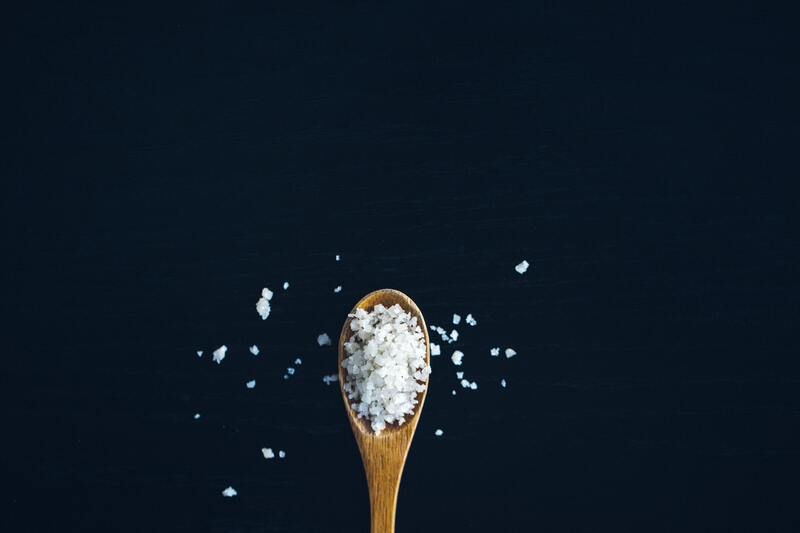Salt for Babies: When and how Much Should They Eat?

It is generally recommended that infants under the age of six months should not be given any added salt in their diet. Babies have a natural need for salt and get all the sodium they need from breast milk or formula. Introducing solid foods to a baby's diet is an important milestone in their development, but it is important to avoid giving them foods that are high in salt, as this can be harmful to their developing kidneys.
As babies get older and start to eat a variety of solid foods, it is still important to limit their intake of salty foods and snacks. It is recommended that children under the age of two should not have more than 1,500 milligrams of sodium per day, and older children should not have more than 2,300 milligrams per day. It is best to choose fresh, unprocessed foods and to read labels carefully to avoid giving your child too much salt.
How much
The amount of food that a baby should eat will vary depending on their age, size, and activity level. In general, breastfed infants should eat as much as they want to at each feeding, and formula-fed infants should be fed according to the instructions on the formula package. As babies get older and start to eat solid foods, they should be offered a variety of healthy foods in appropriate portion sizes. It is important to follow your baby's cues and allow them to eat until they are satisfied, rather than trying to force them to eat a specific amount of food. It is also important to consult with your baby's healthcare provider for specific guidance on their nutritional needs.
In Summary
Babies under 6 months should NOT be given any salt.
Photo by Jason Tuinstra on Unsplash
